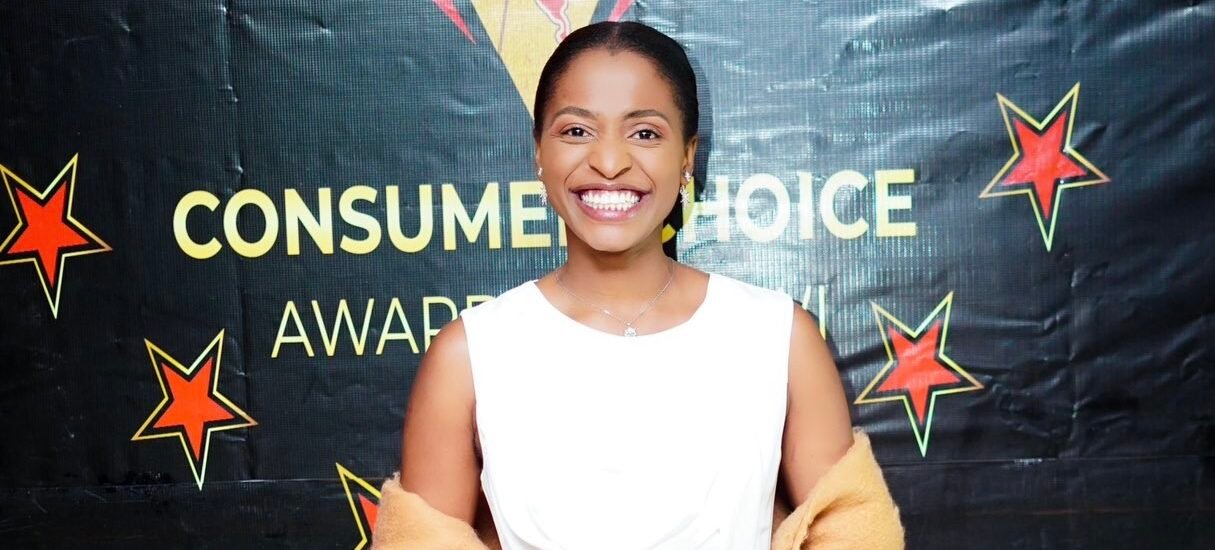


At the end of May, 2025, I was awarded the Most Inspiring Female Corporate Leader in Malawi. A huge honor.
As I received the award, what I felt most was less pride, and more reflection.
Reflection on what it has taken to become visible in a world that often demands excellence from women but offers very little space for us to shine on our terms. Reflection on the conscious, strategic decisions I’ve made over the past decade to stand out—not out of vanity, but out of necessity.
When I began my journey, I knew there were many women doing incredible work in Malawi and across Africa. What I didn’t see were younger, relatable, public role models in business and leadership—especially women who looked and sounded like me. I wanted to fill that gap. I wanted young girls, like the one I used to be, to know that they could be excellent, present, stylish, impactful—and visible—all at once.
So I made a deliberate choice: to be seen.
That choice to step into the public eye changed my life.
It is how I built my brand(s). It is how I got into rooms I once only dreamed of. It is how I found myself in New York City, working for the United Nations. It is how I earned scholarships and opportunities to pursue my MBA at Michigan State University. It is how I landed a role this summer as a Business Development Manager at Microsoft, where I get to work on one of the most exciting teams in tech—Xbox.
Visibility amplified my voice and validated my work. It attracted global partners to the Ntha Foundation, the nonprofit I started in Malawi in 2018 to equip youth with digital skills and entrepreneurial tools. Over the years, we’ve raised over $400,000, built two innovation hubs, and empowered over 10,000+ young people across the continent.
And now, we’re scaling.
We’re working to build the Kwathu Innovation and Creative Centre, launch more hubs across Africa, deepen our flagship Nyenyezi Fellowship and M’mawa Apprenticeship Program, and pilot our student exchange program with Michigan State University—bringing African talent into direct contact with global innovation ecosystems.
None of that would’ve been possible without being seen. Or… perhaps, it would have. I suppose we will never know.
Visibility is not free.
When I worked at the UN, I quickly became known: not just for my output, but for my presence. I was visible. I showed up to work polished, styled, confident. I shared my journey on social platforms, I celebrated my wins, and I didn’t dim my light to make anyone else comfortable.
That unsettled some people.
There were moments when I could feel the discomfort in the room. When my professionalism was called into question—not because of a lack of competence, but because my confidence wasn’t quiet enough. I was reminded, subtly and overtly, that I should learn to “blend in.”
But blending in was never the assignment.
I didn’t leave Malawi, cross oceans, and navigate some of the most complex institutions in the world to become invisible. I came here to lead—authentically, unapologetically, and intentionally.
Still, it stung. The price of visibility is often misinterpretation, envy, isolation, or being held to impossibly high standards. You’re expected to perform, inspire, never falter, and never ask for too much.
Yet, I wouldn’t trade it.
For anyone coming up in leadership—especially Black women, especially Africans—here are a few lessons visibility has taught me:
I didn’t pursue visibility to be seen.
I pursued it so others could see themselves in me.
So here’s to all of us building audacious careers, living loudly, and daring to be visible—knowing full well the price, but choosing the power anyway.
with Unrelenting Hope,
Ntha